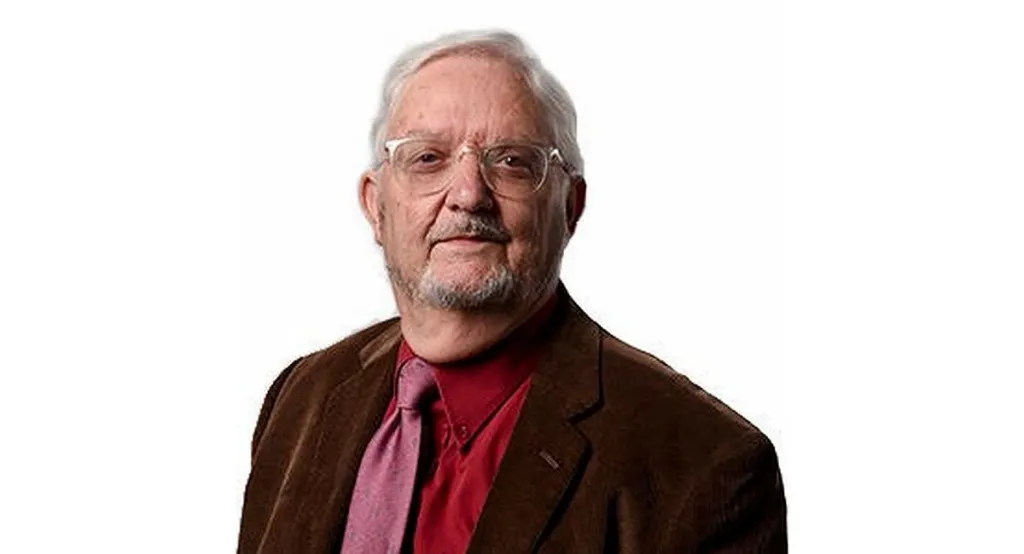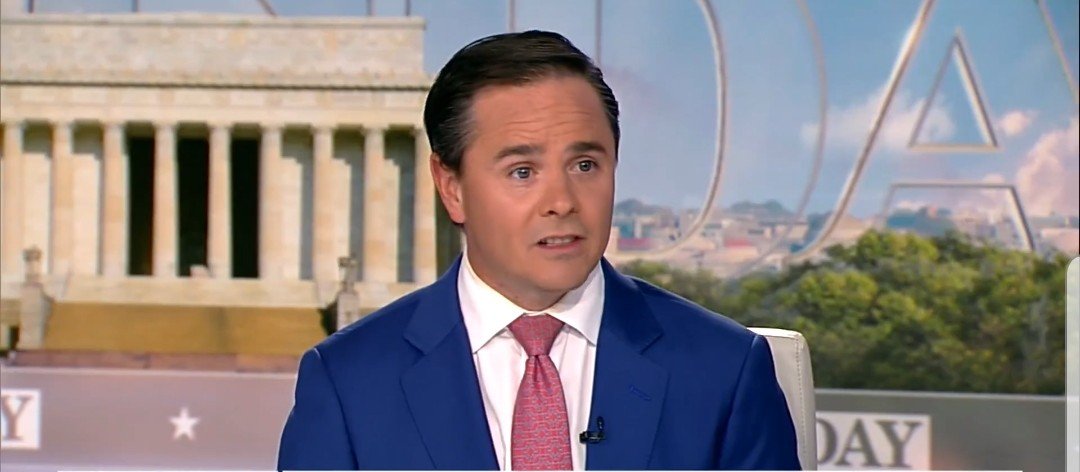
For information on submitting an obituary, please contact Reading Eagle by phone at 610-371-5018, or email at obituaries@readingeagle.com or fax at 610-371-5193.
Most obituaries published in the Reading Eagle are submitted through funeral homes and cremation services, but we will accept submissions from families. Obituaries can be emailed to obituaries@readingeagle.com.
In addition to the text of the obituary, any photographs that you wish to include can be attached to this email. Please put the text of the obituary in a Word document, a Google document or in the body of the email. The Reading Eagle also requires a way to verify the death, so please include either the phone number of the funeral home or cremation service that is in charge of the deceased’s care or a photo of his/her death certificate. We also request that your full name, phone number and address are all included in this email.
All payments by families must be made with a credit card. We will send a proof of the completed obituary before we require payment. The obituary cannot run, however, until we receive payment in full.
Obituaries can be submitted for any future date, but they must be received no later than 3:00 p.m. the day prior to its running for it to be published.
Please call the obituary desk, at 610-371-5018, for information on pricing.
Why am I here? It’s one of the great questions asked by most of us at one time or another in our lives. It’s also a question nations seek to answer: Why are we here? For us, one answer is summarized in our 1776 Declaration of Independence, the principal author being Thomas Jefferson.
“We hold these truths to be self-evident, that all men are created equal, that they are endowed by their Creator with certain unalienable Rights, that among these are Life, Liberty and the pursuit of Happiness. That to secure these rights, Governments are instituted among Men, deriving their just powers from the consent of the governed.”
These stirring words inspired many here and around the world. They are often held up as an example of what it means to be a democratic nation — espoused by many, sometimes forgotten by others.
Some historians believe the Founders weren’t as concerned with Jefferson’s somewhat literary, even flowery language as with the basic arguments for separating the colonies from a king they felt to be a tyrant, which is why they listed a series of grievances against him.
In his masterful book “American Creation” Pulitzer Prize-winning historian Joseph J. Ellis writes of the Declaration that these would become some of the most important and cherished words of American history. President Abraham Lincoln said the words were applicable to all people at all times, “a rebuke and a stumbling block to the very harbingers of the reappearing tyranny and oppression.”
The Declaration supplies a clear and concise response to the most important question of any public organization — What’s your ultimate purpose? The 55 words of Jefferson’s statement of purpose provide an answer to why we are a democratic republic.
I don’t claim to be a historian, but over the years I have spent a great deal of time reading our history and studying the lives and thoughts of its founders, as well as the U.S. Constitution, which I often consult in debates about its meanings. I consider these my responsibilities as a citizen, not relying on what others say the Constitution means. Of course, growing up in Philadelphia I had access to much of the history, from Independence Hall to streets where America’s Founders lived or worked.
Just as an individual’s character plays a major role, so too does character play a prominent role in the life of a nation. A nation’s character can be seen not only in its history and culture but in its founding principles and values, even those deferred or denied, as some were in the beginning.
Jefferson was no stranger to philosophy. After all, some of the important words and phrases in the Declaration have links to philosophy, such as “self-evident truths” or “unalienable rights” or “happiness.” Many of these concepts are from the 18th century philosopher John Locke, who argued that all people have natural rights such as life, liberty and property and that the government exists to protect its citizens from abuse of these rights from within or outside its borders.
Here are a few key philosophical concepts expressed in the Declaration that have guided our republic for nearly 250 years.
• Self-evident truths are those based on nature and human reason, key concepts of the Enlightenment, an 18th century movement that emphasized reason, individual rights, and science.
• All people are created equal by their creator and given rights of life, liberty and happiness.
• The government exists to protect these rights.
• Governmental power exists only with the consent of the governed.in other words, the people choose their representatives, not the reverse through restricting voting or gerrymandering.
Viewed from a distance, a few observations look at how well or far our republic has travelled measured by its founding principles or values.
From the beginning not all people were considered equal. Slaves and women were left out. It took the Civil War and extension of voting rights to extend the rights to everyone. The movement was toward expanding rights, not restricting them.
The government exists to defend three basic rights of the people — life, liberty and happiness. Life and liberty seem self-evident, but happiness has roots in philosophy, meaning that human beings have the right to become all they are capable of becoming and thus to live a happy, fulfilling life.
And the power of government rests upon the consent of the governed, a concept voiced clearly by Lincoln in his Gettysburg address as a government of the people, by the people and for the people.
Those of us living today have the responsibility not only to defend and protect those founding ideas but to safeguard these rights anew from threats foreign or domestic and extend them to new generations. This is what it means to be a responsible participant in the continuing unfolding of our republic.
John C. Morgan is an author and educator who writes about both individual and social ethical matters.



